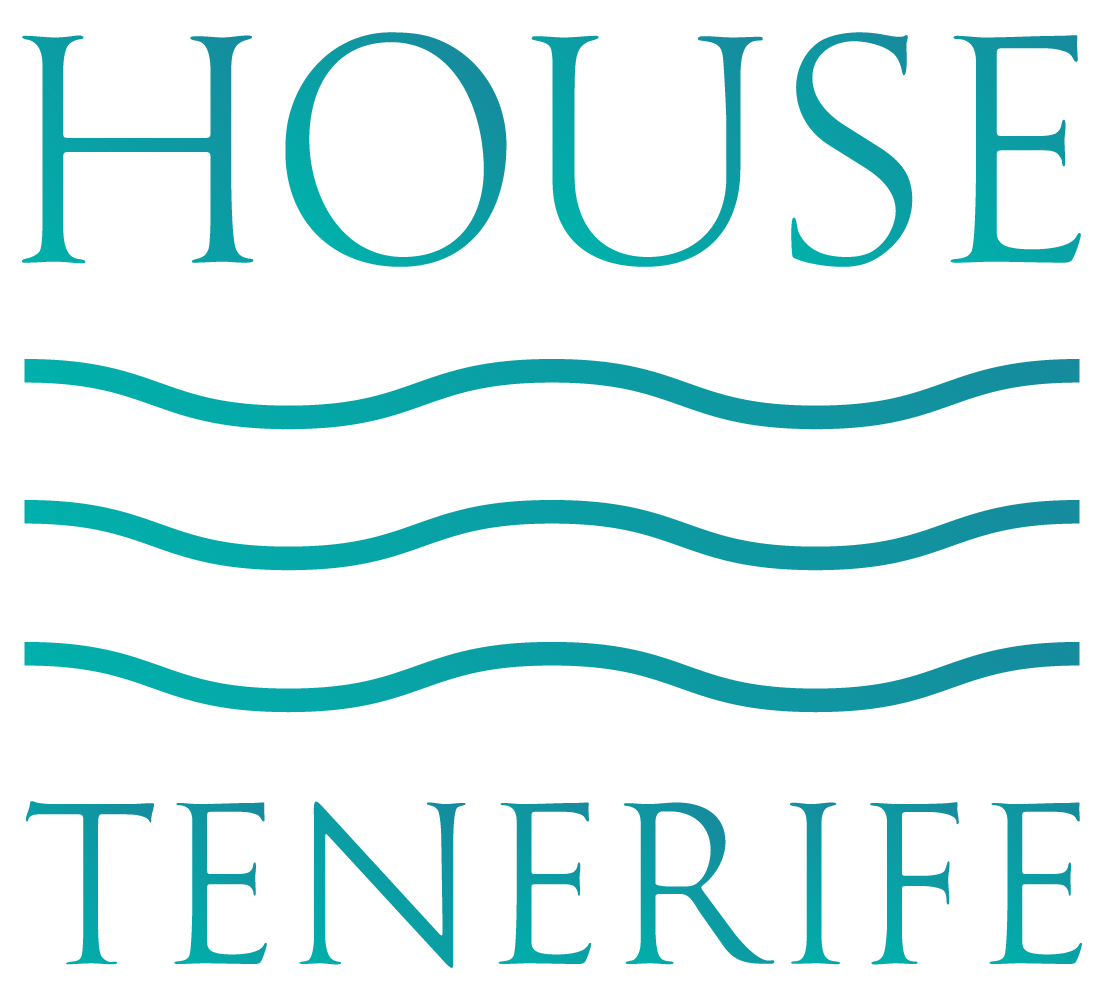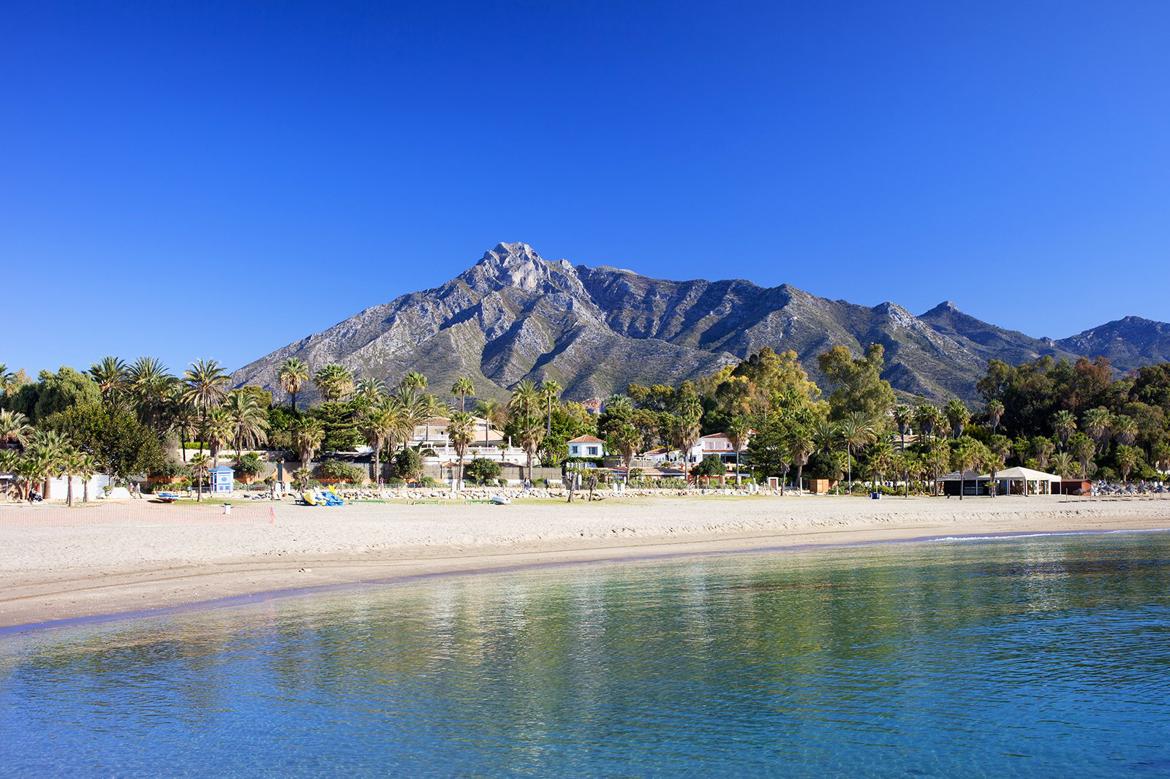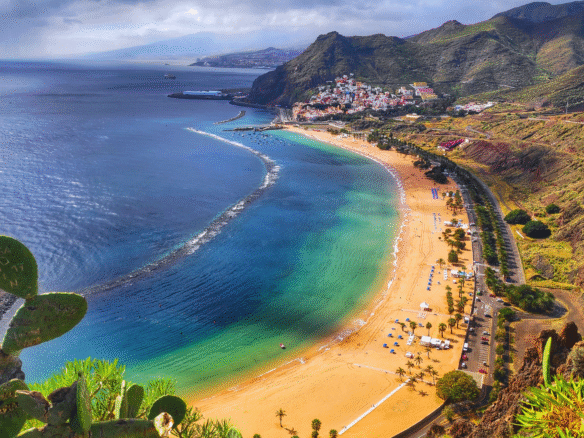The Spanish property market, especially in destinations like Tenerife, Costa del Sol, and Barcelona, has seen rapid growth in the holiday rental sector. According to Spain’s National Institute of Statistics (INE), short-term tourist rentals now account for more than 20% of all accommodations in key coastal regions. Platforms such as Airbnb and Booking.com have made it easier than ever for owners to attract international guests.
However, many landlords face the same dilemma: how to maximize rental income without damaging the property or lowering its long-term value. Poor management, excessive guest turnover, or neglecting maintenance can lead to a decline in both rental ratings and resale value. Below we break down professional strategies, supported by market data and expert insights, that help property owners maintain high standards while earning consistent income from tourist rentals.
Legal and Regulatory Framework: Starting on Solid Ground
Before thinking about quality or guests, the first step is compliance. Spain has tightened regulations on tourist rentals in recent years, and requirements vary by region.
-
Tourist License (Licencia de Vivienda Vacacional): Mandatory in most autonomous communities, including the Canary Islands. Operating without one can result in fines up to €30,000.
-
Tax Obligations: Rental income must be declared. For EU residents, deductible expenses include cleaning, repairs, and utilities. Non-EU residents face a flat tax but can still optimize costs.
-
Community Rules: Some residential buildings restrict short-term rentals. Violating homeowners’ association rules can lead to legal disputes.
📊 Market Insight: In 2024, Tenerife authorities reported a 15% increase in fines for unlicensed tourist rentals. Compliance is not optional — it’s the foundation of sustainable income.
Professional Property Management: Protecting Quality
One of the most common mistakes among owners is treating tourist rentals as passive income without professional oversight. To protect property quality and guest experience:
-
Hire a Property Manager: A local property management company in Tenerife or Costa del Sol can handle check-ins, maintenance, and guest communication.
-
Regular Inspections: Schedule monthly inspections to identify wear and tear early.
-
24/7 Guest Support: Quick responses to issues (e.g., air conditioning failure, internet outage) directly influence reviews and ratings.
📊 Analytical Note: Studies from Booking.com show that properties with dedicated management teams score 0.6 points higher on average guest ratings compared to self-managed rentals. This translates into higher occupancy and up to 12% more annual income.
Balancing Occupancy and Property Longevity
Many owners push for maximum occupancy, but constant back-to-back bookings often accelerate deterioration. The key is balance:
-
Strategic Pricing: Instead of chasing 100% occupancy, adjust pricing seasonally. Higher nightly rates during peak season can offset lower occupancy in off-peak months.
-
Maintenance Windows: Block out at least 3–5 days quarterly for deep cleaning, repairs, and upgrades.
-
Guest Profile Selection: Screen guests when possible. Families and long-term digital nomads often take better care of properties than short weekend party groups.
📊 Data Insight: According to AirDNA, Tenerife properties with 80–85% occupancy and proactive maintenance generate higher net returns than those running at near 100% occupancy but suffering from constant repair costs.
Interior Design and Durability: Smart Investments
The way a property is furnished and equipped plays a key role in both guest satisfaction and long-term durability.
-
Durable Materials: Invest in stain-resistant fabrics, washable paint, and high-quality flooring.
-
Functional Design: Tourists prioritize comfort — reliable Wi-Fi, air conditioning, and ergonomic furniture.
-
Neutral Aesthetics: A clean, modern, but neutral look appeals to a wider audience and photographs better online.
📊 Investor Tip: Professional staging and durable upgrades increase both occupancy rates and resale value. Fotocasa reports that staged properties can achieve up to 20% higher nightly rates compared to similar but outdated homes.
Guest Experience: The Key to Reputation
Quality is not only about the physical property but also about the overall guest journey.
-
Clear Communication: Provide a digital guidebook with house rules, local tips, and emergency contacts.
-
Consistent Cleaning Standards: Partner with a professional cleaning service to maintain hotel-level hygiene.
-
Added Value: Extras such as airport transfers, welcome baskets, or discounted local tours can set your property apart.
📊 Behavioral Insight: Properties with an average guest rating above 4.7 stars receive 25% more bookings annually than those below 4.5, regardless of location. Guest experience drives both reputation and income.
Long-Term Strategy: Protecting Property Value
Tourist rentals can be lucrative, but they should also preserve the property’s resale value. A well-maintained home attracts not only guests but also future buyers.
-
Document Maintenance: Keep records of all upgrades, repairs, and improvements. This reassures buyers during resale.
-
Insurance Coverage: Ensure you have comprehensive property insurance in Spain covering short-term rentals and liability.
-
Sustainable Practices: Eco-friendly upgrades (solar panels, water-saving systems) are increasingly valued by buyers and attract environmentally conscious tourists.
📊 Future Outlook: With rising demand for eco-friendly rentals, properties marketed as “green” in Spain achieve up to 15% higher occupancy among Northern European travelers.
✅ Conclusion
Renting out your property to tourists in Spain is more than just listing it on Airbnb. It requires a structured approach: legal compliance, professional management, balanced occupancy, durable design, and an excellent guest experience.
By treating your property like both a business and a long-term investment, you can maximize rental income while preserving — and even enhancing — the quality and value of your asset.
Whether it’s a holiday apartment in Tenerife, a beachfront villa in Marbella, or a city-center flat in Barcelona, the principle is the same: short-term rentals should generate income today while protecting property value for tomorrow.



